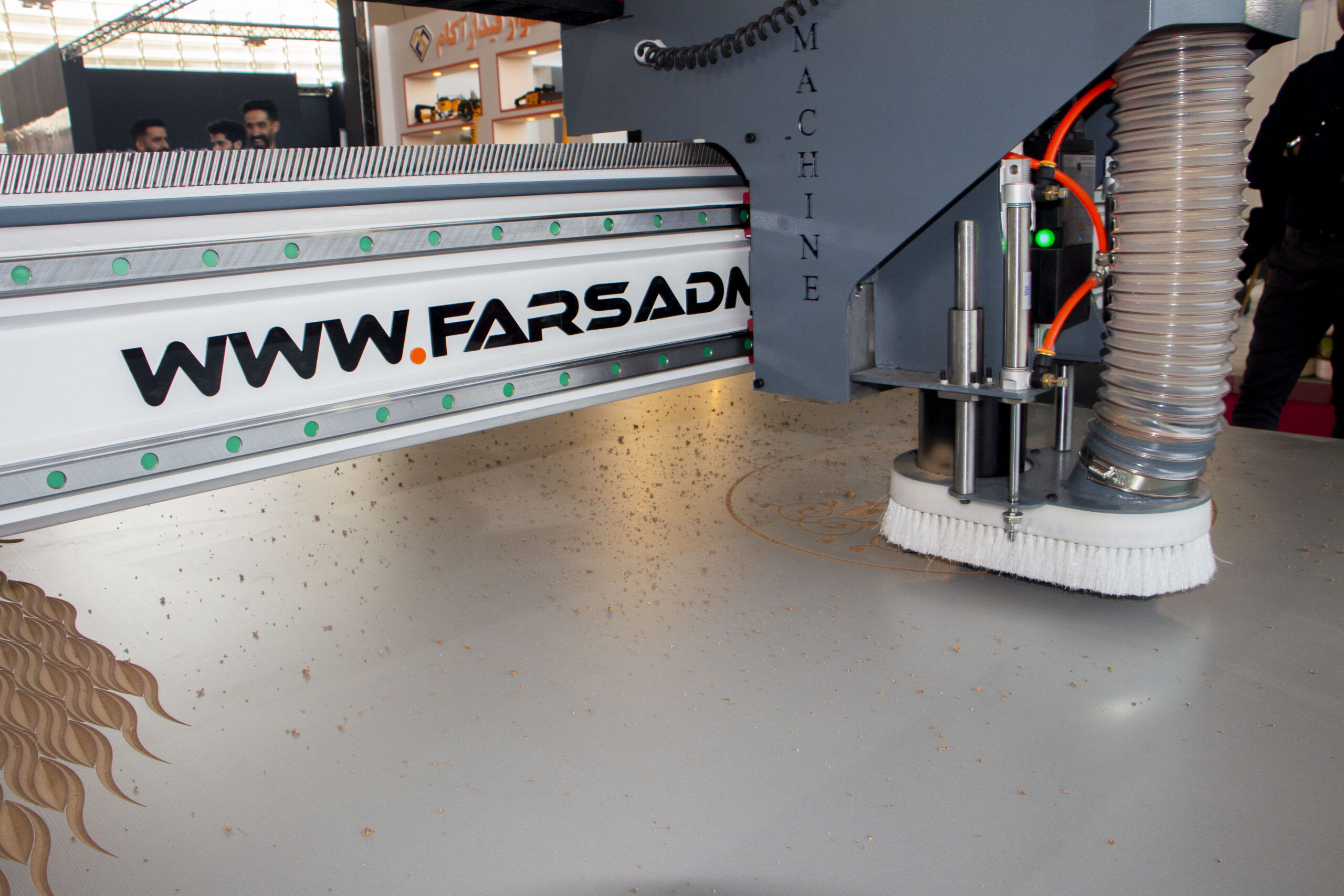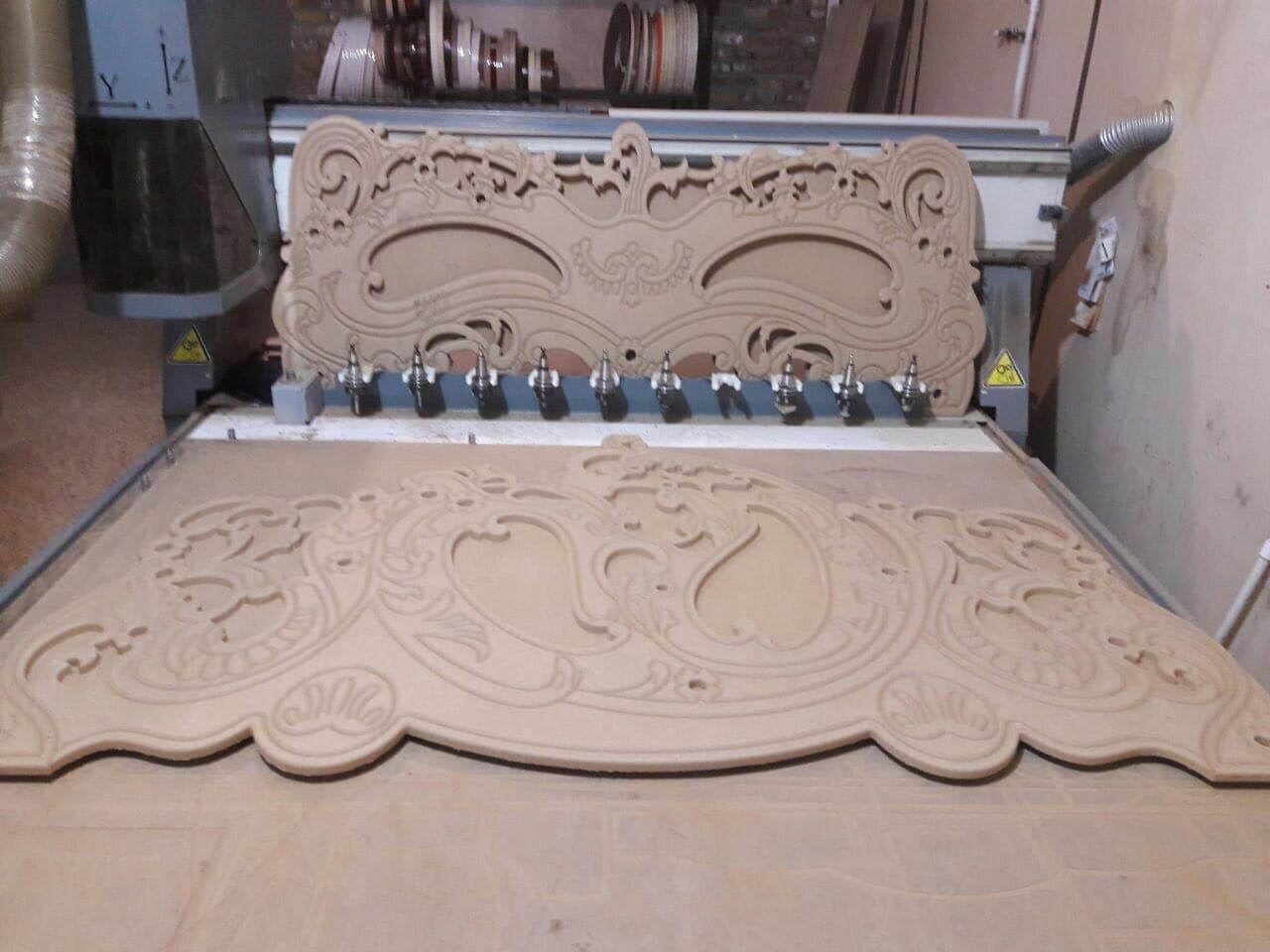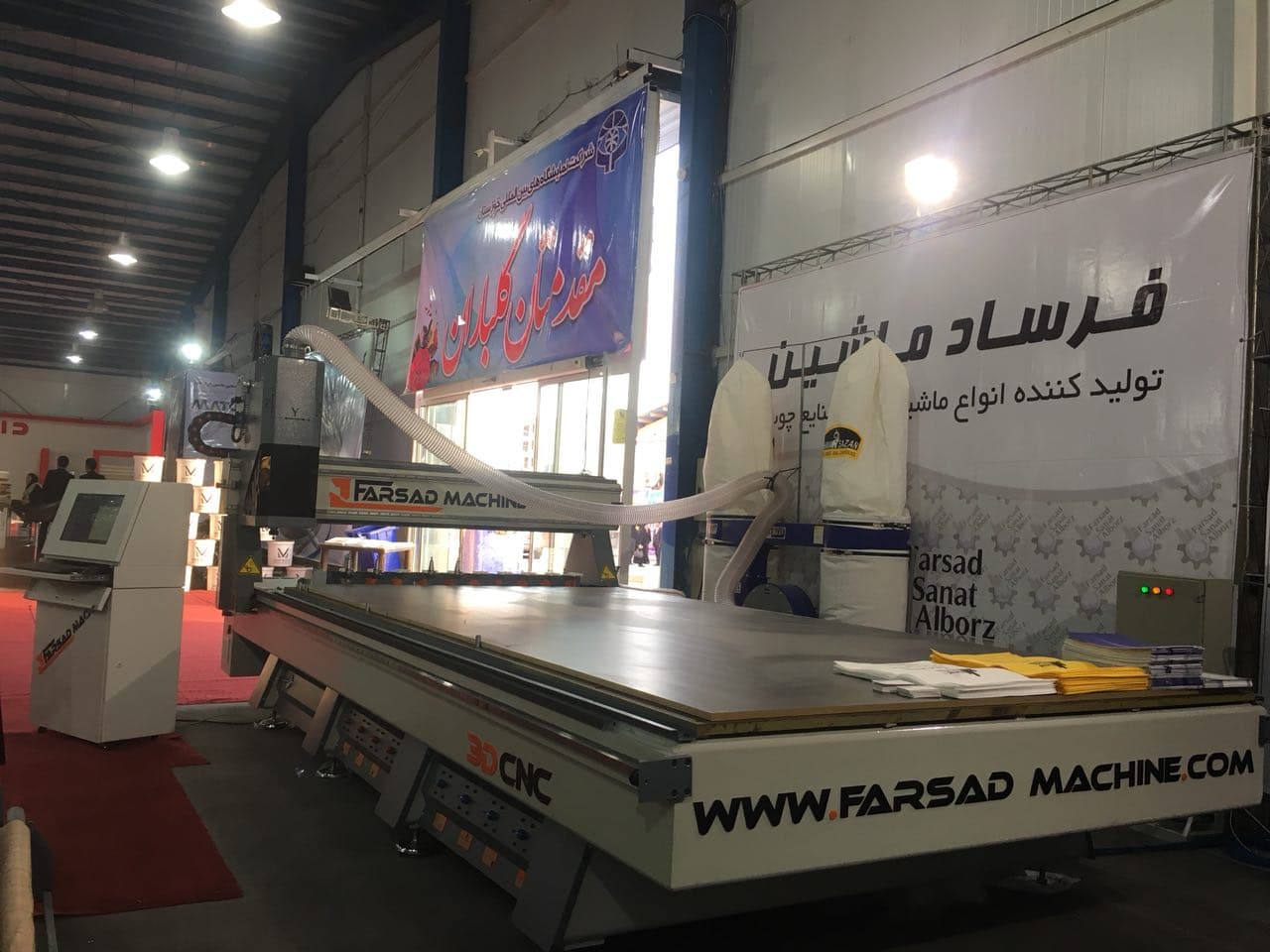The term NC machining in today’s world is a term that creates a more strange concept than CNC machining. In fact, these two terms are similar, but not identical or synonymous. This article will explain more about NC and contrast machining to clarify the difference between them. In addition, an overview of the history of numerical control development is provided, showing how the earlier concept of numerical control evolved and helped drive today’s automation technologies
Before talking about NC machining, it is important to have a general understanding of the concept of numerical control or NC. Numerical control refers to the use of programming, in the form of numbers, letters, and symbols, to direct the operation of a machine. In this sense, NC is more of a machine control concept than a manufacturing or machining process. Numerical control can be applied to a wide variety of machines, not precision machining centers. For example, part insertion machines, which are designed to automatically place electronic devices on circuit boards, are one example of a CNC machine.
CNC machining vs NC machining
Although there are similarities, NC machines and CNC machines differ from each other in many ways.
CNC machines today follow a set of protocols based on the earlier NC numerical control system first developed in the mid-20th century.With the advent of NC machines, the metalworking industry relied on the use of paper punch programs to program the instructions used to produce parts. The use of NC systems continued for several decades, until the late 1960s, when more advanced CNC machine programs became the industry standard.
Evolution of numerical controllers
Numerically controlled machines of the 1950s and 1960s used mechanical tubes and relays as their main control assembly. At the time, controllers were “point A to point B” locators that operated along two axes. Today’s high-density integrated circuits are capable of creating three-dimensional shapes in a wide range of designs and dimensions. Modern ones can also communicate with the user and store and analyze application data.Advantages of CNC machining
As computer-controlled machining has evolved over decades, its current iteration is more advanced in terms of accuracy, automation, and speed of production than any previous form, including NC programming. Some of the advantages offered by the latest type of CNC machining include the following:
Making complex parts with more precision and faster circulation speed
Quality control systems and inspection of semi or fully automatic equipment
The time to set up and integrate the CNC machine is shorter and as a result more productive
Due to computer-controlled networks, the number of machines required for a particular project is reduced
CNC machine program change capabilities for increased compatibility and a wider range of machining tasks
There is less need for long-term machining testing under CNC machine programs.Conclusion
It has been explained above that the technological evolution of the current computer numerical control machines of the CNC machine has taken place from the previously used NC numerical control systems in the middle of the 20th century, and in addition, this article will discuss some of the advantages and applications. It highlights the machining process of the CNC machine



